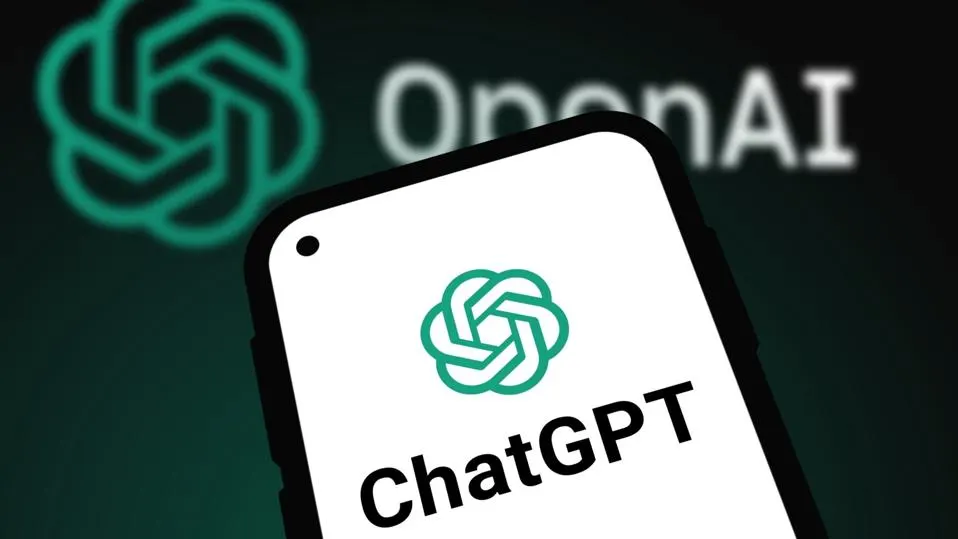Online Education And Generative AI: Welcome To The Age Of Virtual AI Tutors
17 June 2024
If you’re a lifelong learner, chances are you’ve taken an online course or two over the years. But the next time you take an online course, you might enjoy a more personalized experience, thanks to generative AI. Because in this age of ChatGPT and other generative AI tools, online course providers are increasingly using generative AI to offer a better, more adaptive experience for online learners.
In this article, we’ll explore how two providers, Khan Academy and Udacity, have embraced generative AI technology to improve online learning.

Khan Academy’s Khanmigo Assistant Helps To Deepen Learning
Khan Academy is a nonprofit organization on a mission to provide free education for students of all ages anywhere in the world. To fulfill this mission, Khan Academy partnered with OpenAI to create Khanmigo, a virtual tutor for students that can, among other things, ask each student individualized questions to prompt deeper learning.
Every student is unique. And one of the long-promised benefits of online learning is that the learning journey can be personalized according to each student's grasp of the subject matter. Some people need more help to grasp a concept before they can move on, for instance. But achieving this sort of personalization on a mass scale has proven tricky, which is where generative AI comes into play. Using OpenAI's GPT-4 large language model, Khan Academy can provide exactly the kind of personalized support and tuition that learners need. As Kristen DiCerbo, chief learning officer at Khan Academy, put it, “We think GPT-4 is opening up new frontiers in education. A lot of people have dreamed about this kind of technology for a long time.”
One of the things that makes GPT-4 so transformative is its ability to understand and formulate freeform questions and prompts in natural language. It facilitates a natural back-and-forth discussion, in other words, exactly like a human conversation - like a conversation between a student and teacher in a physical classroom. In online terms, this capability can be used to ask each student individualized questions, gauge their progress, and prompt deeper learning. Questions like, "What would happen if…?" or "Why did you give that answer?" This helps to ensure that students aren't just getting the question right but also fully understanding the underlying concepts.
Interestingly, the Khanmigo virtual tutor can also function as a classroom assistant for teachers in traditional education settings. Indeed, Khan Academy has been testing ways teachers could use the technology in classrooms – for example, to create instructional materials and classroom prompts. This, again, would help teachers tailor learning to each individual student.
Udacity’s Chatbot Tutor Can Work With Thousands Of Students At Once
Udacity is another online course provider using OpenAI’s GPT-4 to create a virtual, on-demand AI tutor. As Udacity explains, one of the challenges of online learning is how to provide personalized guidance and support when people need it most – i.e., when they're in the flow of learning and working through tough problems. Udacity's virtual chatbot tutor meets this need by providing detailed explanations and guidance tailored to each individual learner. The virtual tutor can also be used to summarize concepts, provide deeper questions and alternative explanations on demand, and even translate learning materials into other languages.
The AI tutor can handle thousands of interactions at once, providing personalized feedback and answers to each learner. But Udacity says the chatbot tutor is a “real-time complement to our human mentors,” not a replacement for human mentors, who are a vital part of the Udacity learning process. That’s an important point to note: generative AI can help to enhance learning in a wide range of settings, but it will not eliminate the need for human teachers and mentors.
To sum up, generative AI is enabling online learning providers to deliver a better learning experience for students. In the future, we can expect more providers to introduce AI tools designed to deepen understanding, aid personalized learning, and make learning online more fun. It’s an exciting new era of smart virtual tutors.
Related Articles
11 Most Reliable AI Content Detectors: Your Guide To Spotting Synthetic Media
Since the launch of ChatGPT just two years ago, the volume of synthetic – or fake – content online has increased exponentially.[...]
The AI-Powered Citizen Revolution: How Every Employee Is Becoming A Technology Creator
Something remarkable is happening in organizations around the world.[...]
6 Mistakes IT Teams Are Guaranteed To Make In 2025
The next wave of artificial intelligence isn't just knocking at enterprise doors - it's exposing fundamental flaws in how organizations approach technology transformation.[...]
2025’s Tech Forecast: The Consumer Innovations That Will Matter Most
Consumer technology covers all of the tech we buy to make our lives more convenient, productive or fun.[...]
7 Healthcare Trends That Will Transform Medicine In 2025
Healthcare has evolved dramatically in recent years, with technology driving countless new opportunities, just as demographic and societal factors have created new challenges.[...]
The Simple ChatGPT Trick That Will Transform Your Business AI Interactions
I believe ChatGPT and other generative AI tools can help pretty much any business.[...]
Sign up to Stay in Touch!
Bernard Marr is a world-renowned futurist, influencer and thought leader in the fields of business and technology, with a passion for using technology for the good of humanity.
He is a best-selling author of over 20 books, writes a regular column for Forbes and advises and coaches many of the world’s best-known organisations.
He has a combined following of 4 million people across his social media channels and newsletters and was ranked by LinkedIn as one of the top 5 business influencers in the world.
Bernard’s latest book is ‘Generative AI in Practice’.










Social Media